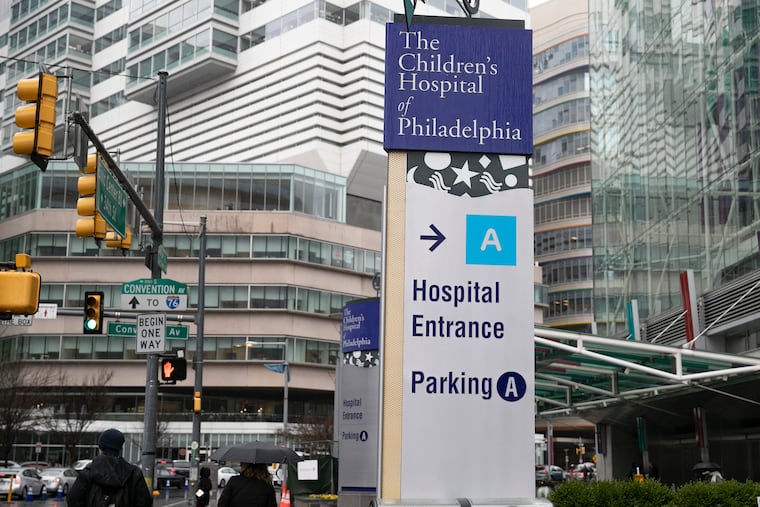ER, urgent care or doctor’s office? How to decide where to take your sick kid.
Up to a quarter of emergency department visits could have been handled at an urgent care clinic or doctor's office. Here's how to decide where to go for care.

An unseasonal surge in RSV among children has overwhelmed emergency departments at Philadelphia-area children’s hospitals. Experts say it’s now more important than ever to seek medical care at the appropriate place.
An estimated 13% to 27% of all emergency department cases nationally could be handled at an urgent care clinic or physician’s office, according to the Agency for Healthcare Research and Quality, a quality and safety branch of the U.S. Department of Health and Human Services.
Only a small fraction of the RSV cases prompting families locally to visit hospital emergency rooms actually require children to be admitted to the hospital, said Katie Lockwood, a primary-care doctor at Children’s Hospital of Philadelphia. The vast majority will be evaluated and sent home with instructions for care.
“Parents need to follow their gut instinct when they’re worried about their child,” Lockwood said.
It’s a good idea to head to the hospital if your child appears to be in respiratory distress (more than 60 breaths per minute) or dehydrated (dry mouth, fewer than three urination breaks or wet diapers within 24 hours).
If your need is not a true emergency, showing up at an ER can cost up to 10 times more than a trip to the urgent care clinic. Even if you leave the ER before being seen by a doctor, you could end up with a big bill. Emergency departments commonly charge a “facility fee” just for checking in.
» READ MORE: This N.J. hospital ER billed thousands for a stomach ache. The patient fought back — and won.
While urgent care clinics are often much less expensive, they are more likely to require payment at time of service and some do not accept Medicaid, the government’s health insurance for low-income families.
Here’s a guide from CHOP to help you determine where to seek care the next time your child is sick.
Inquirer staff writer Wendy Ruderman contributed to this article.